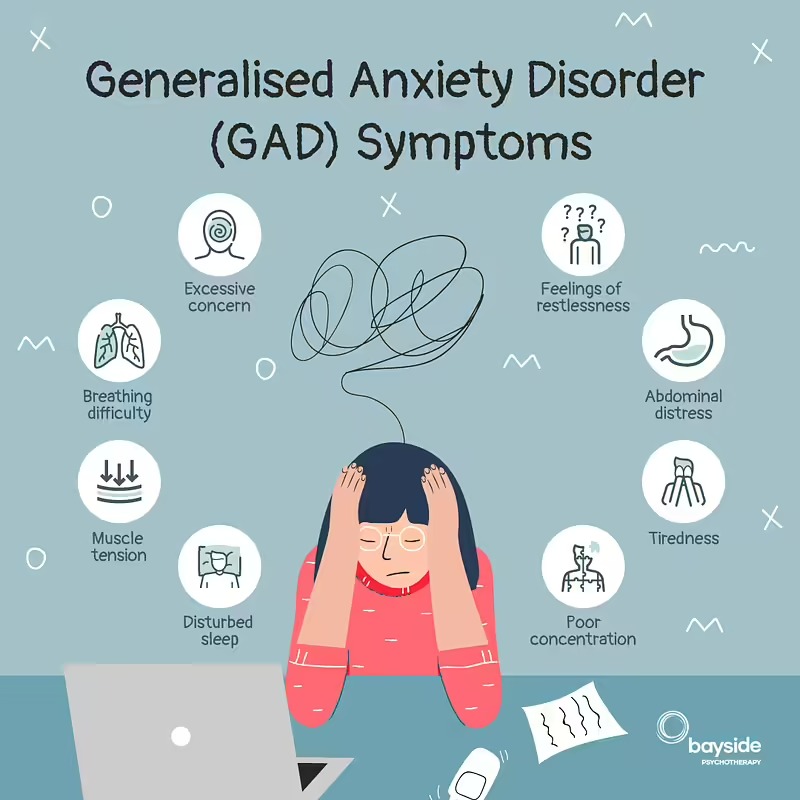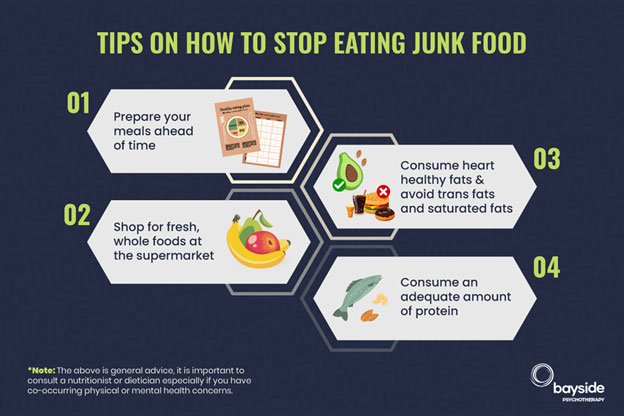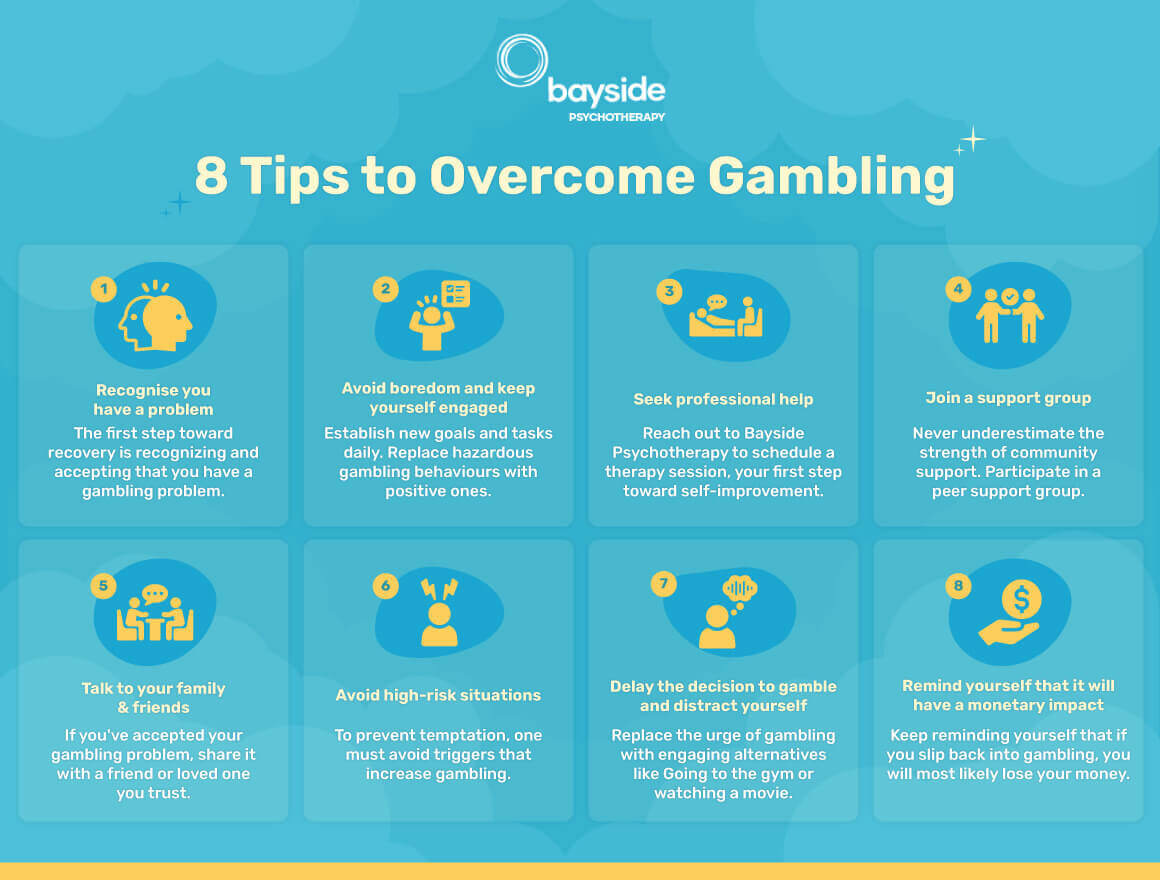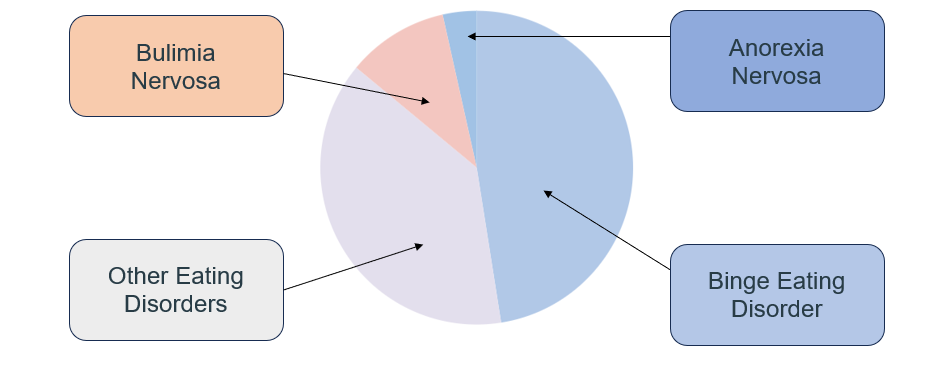Eating Disorders & Emotional Invalidation

Eating disorders are complex conditions and most commonly refer to anorexia nervosa (AN) and bulimia nervosa (BN). Anorexia typically involves intense fears of weight gain, disturbed menstruation, refusal to maintain normal weight, distorted body shape perception and denial of extremely low weight.
Bulimia typically involves periods of uncontrollable binging followed by compensatory behaviour including vomiting, laxative abuse and excessive exercise. Both anorexics and bulimics form self-judgments according to their perceived body weight and shape (American Psychological Association, 1994). Eating disorders are serious and frequently involve the presence of other psychological disorders such as anxiety or depression.
While eating disorders appear to be underpinned by a number of interacting social, cultural, psychological and physiological factors, research suggests growing up in an emotionally invalidating environment and possessing poor self-esteem are related to the development of both anorexia and bulimia. Emotional invalidation occurs when an individual communicates their emotional experience to another person who responds in an extreme fashion. Typical responses may include minimisation, punishment and declaring the inner emotional experience is wrong and unacceptable (Linehan, 1993). An individual subsequently learns to distrust their emotions and beliefs and fails to develop sophisticated, functional emotion regulation strategies because adequate parental modelling was absent. Often, individuals learn to engage in emotional inhibition, which may involve non-disclosure of inner emotional experiences and active suppression of cognitions and affect concerning emotional experiences (Krause, Mendelson & Lynch, 2003).
Suppressing inner experiences and habitually avoiding distressing scenarios was found to be early experiences of psychological abuse and emotional invalidation. In a small study, prior experience of emotional invalidation, particularly from fathers, was more common in bulimics than anorexics and was associated with more disturbed symptoms including vomiting and intense exercise (Haslam, Mountford, Meyer & Wallace, 2007).
A further repercussion of emotional invalidation is impaired self-esteem. Self-esteem describes the opinion an individual holds about how worthy the self is. Self-esteem references can be refer to global (ie I am a good/bad person) or a specific (I am a good/bad writer) personal traits. A number of studies have demonstrated that impaired global self-esteem is often present in conjunction with ED symptoms including AN and/or BN (Karatzias et al., 2010; Gila, Castro,Gomez, & Toro, 2005; Jacobi et al., 2004) as is low body-related self-esteem (Gila et al.; Mendelson, McLaren, Gauvin ,& Steiger, 2002), with Mendelson et al. asserting poor body esteem predicted poor global self-esteem.
In addition to poor global and body self-esteem, individuals with ED symptom appear to experience disturbed relational self-esteem. Gila et al. (2005) noted that individuals with ED symptoms recorded greater levels of relational self-contempt, or poor self-liking. Surgenor, Maguire, Russel, and Touyz (2007) propose self-liking to involve the socially related aspect of self-esteem reflecting social likeability and assert purging and laxative use reflect disturbed self-liking.
However, Steinberg and Shaw (1997) argue that ED behaviours support self-esteem regulation and emotional balance when more mature emotional regulation strategies have failed to develop. Anestis, Selby, Fink and Joiner (2007) found individuals with distress tolerance deficiencies obtained greater scores on the bulimic aspect of the eating disorder inventory (EDI) scale. Distress tolerance reflects how manageable or unmanageable negative affect is perceived to be.
Participants struggling with negative affect may therefore balance their mood by consuming large quantities of food and then purge to avoid the unattractive consequences of their binge. In a further study, Anestis, Smith, Fink and Joiner (2009) identified that individuals with eating disorder symptoms struggled to regulate negative emotions but not positive emotions, and thus proposed eating disorder symptoms served to dull their awareness of painful affects. Overton, Selway, Strongman and Houston (2005) then differentiated between the regulation strategies and experiences of anorexic and bulimic individuals. They claimed that anorexics manage negative affect through over-control and emotional suppression while bulimics engage in under-regulation and are thus subject to experiencing a flood of distressing and uncontrollable negative affect. Both strategies arguably arise when an individual is unable to modulate extreme emotional experiences.
While there has been a large amount of research conducted exploring the risk factors for developing anorexia and bulimia, further exploration is required to obtain a more detailed and thorough understanding. The survey has been completed. A larger version of the study is currently being conducted as part of Natalie’s PHD program.
American Psychological Association (1994). Diagnostic and statistical manual of mental disorders (4th ed). Washington, DC.
Anestis, M.D., Selby, E.A., Fink, E.L., & Joiner, T.E. (2007). The multifaceted role of distress tolerance in dysregulated eating behaviours. International Journal of Eating Disorders, 40, 718-726.
Anestsi, M.D., Smith, A.R., Fink, E.L, & Joiner, T.E. (2009). Dysregulated eating and distress: examining the specific role of negative urgency in a clinical sample. Cognitive Therapy Research, 33, 390-397.
Gila, A., Castro, J., Gomez, M.J., & Toro, J. (2005). Social and body self-esteem in adolescents with eating disorders. International Journal of Psychology and Psychological Therapy, 1, 63-71.
Haslam, M., Mountford, V., Meyer, C., & Waller, G. (2007). Invalidating childhood environments in anorexia and bulimia. Eating Behaviours, 9, 313-318.
Jacobi, C., Paul, T., De Zwaan, M., Nutzinger, D.O, & Dahme, B. (2004). Specificity of self-concept disturbances in eating disorders. International Journal of Eating Disorders, 35, 204-210.
Karatzias, T., Chouliara, Z., Power, K., Collin, P., Yellowlees, A., & Grierson, D. (2010). General psychopathology in anorexia nervosa: The role of psychosocial factors. Clinical Psychology and Psychotherapy, 17, 519-527.
Krause, E.D., Mendelson, T., & Lynch, T.R. (2003). Childhood emotional invalidation and adult psychological distress: the mediating role of emotional inhibition. Child Abuse & Neglect, 27, 199-213.
Linehan, M. M. (1993). Cognitive behavioural treatment for borderline personality disorder. Guilford Publications Inc: New York.
Mendelson, B.K., McLaren, L, Gauvin, L, & Steiger, H. (2002). The relationship of self-esteem and body esteem in women with and without eating disorders. International Journal of Eating Disorders, 31, 318-323.
Overton, A., Selway, S., Strongman, K., & Houston, M. (2005). Eating disorders – the regulation of positive as well as negative emotion experience. Journal of Clinical Psychology in Medical Settings, 12, 39-56
Steinberg, B.E., & Shaw, R.J. (1997). Bulimia as a disturbance of narcissism: Self-esteem and the capacity to self-soothe. Addictive Behaviours, 22, 699-710.
Surgenor, L.J., Maguire, S., Russell, J., & Touyz, S. (2007). Self-liking and self-competence: Relationship of symptoms to anorexia nervosa. European Eating Disorders Review, 15, 139-145.
Here are a couple of blogs written on this topic you might find useful:
Choosing the right therapist: The 5 mo...
Choosing the right therapist can be difficult. Different problems and diff.
Creating Healthier Workspaces: How str...
Employee mental health is pivotal to overall workplace wellbeing, impacting individual performance, job satisfaction, and organ.
From High Stakes to Healing: 8 Tips To...
Gambling activities have become more accessible and convenient due to the proliferation of casinos and the rapid growth of online gambling platforms. Mo.
An Examination of Bulimia Nervosa Amon...
Bulimia nervosa is a serious eating disorder that can significantly impact an individual's physical and psychological health. Characterised by recurrent.











